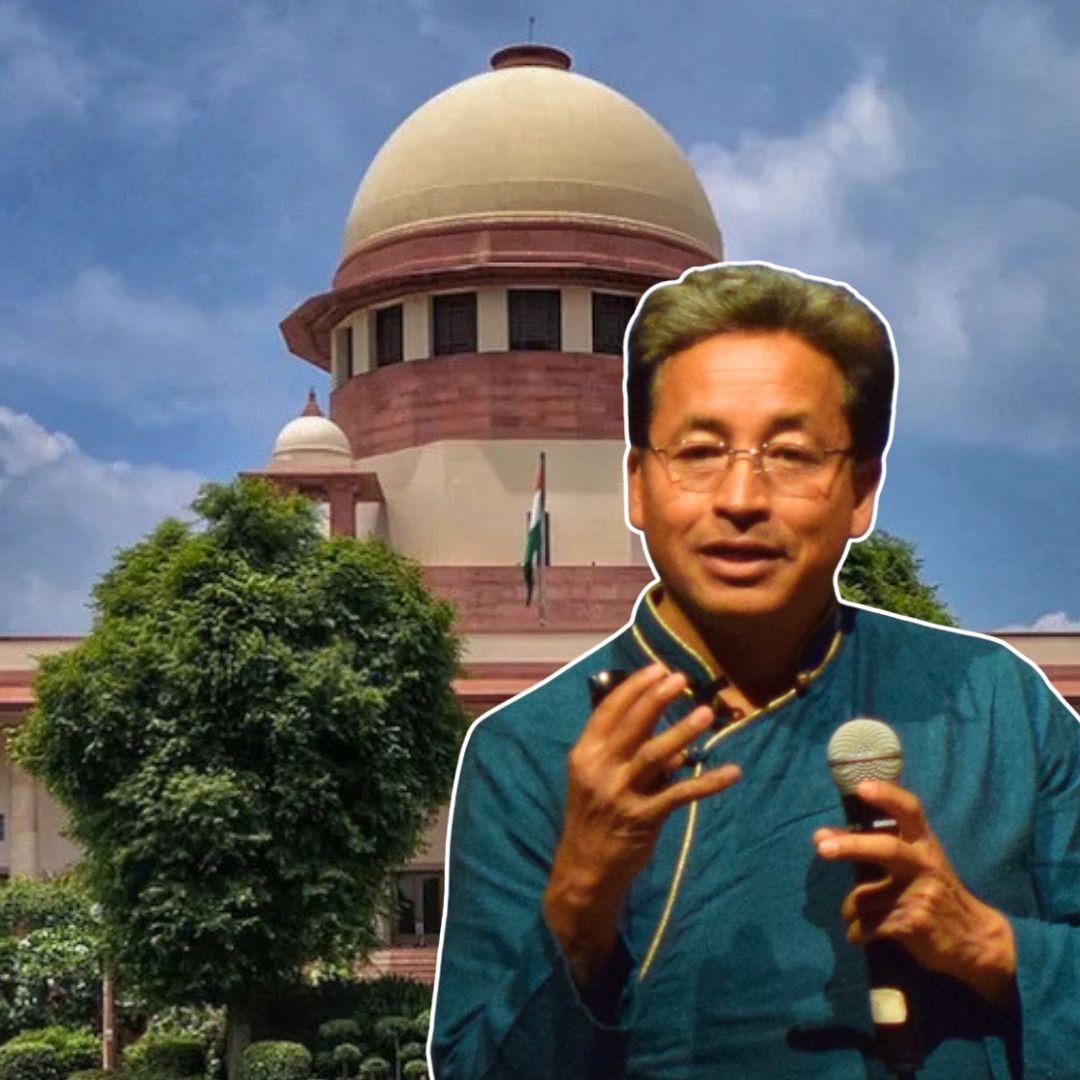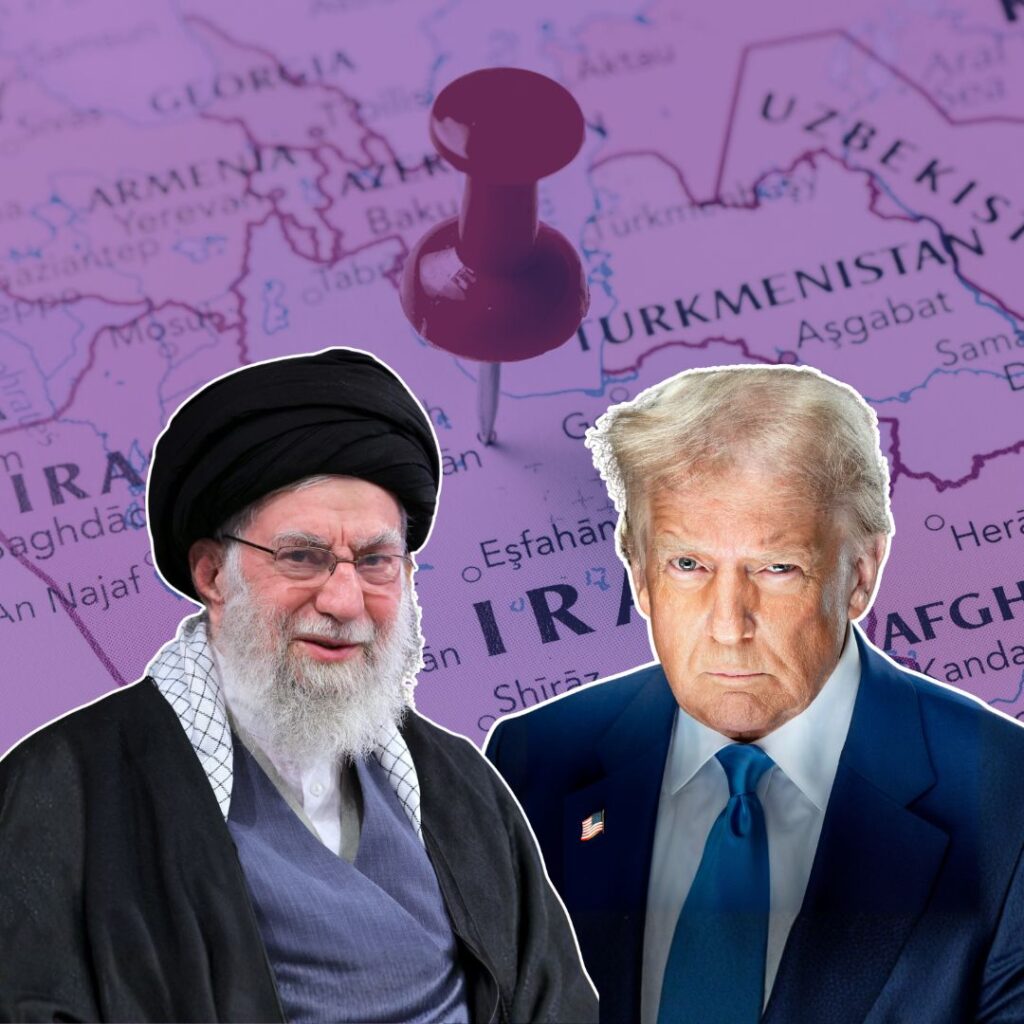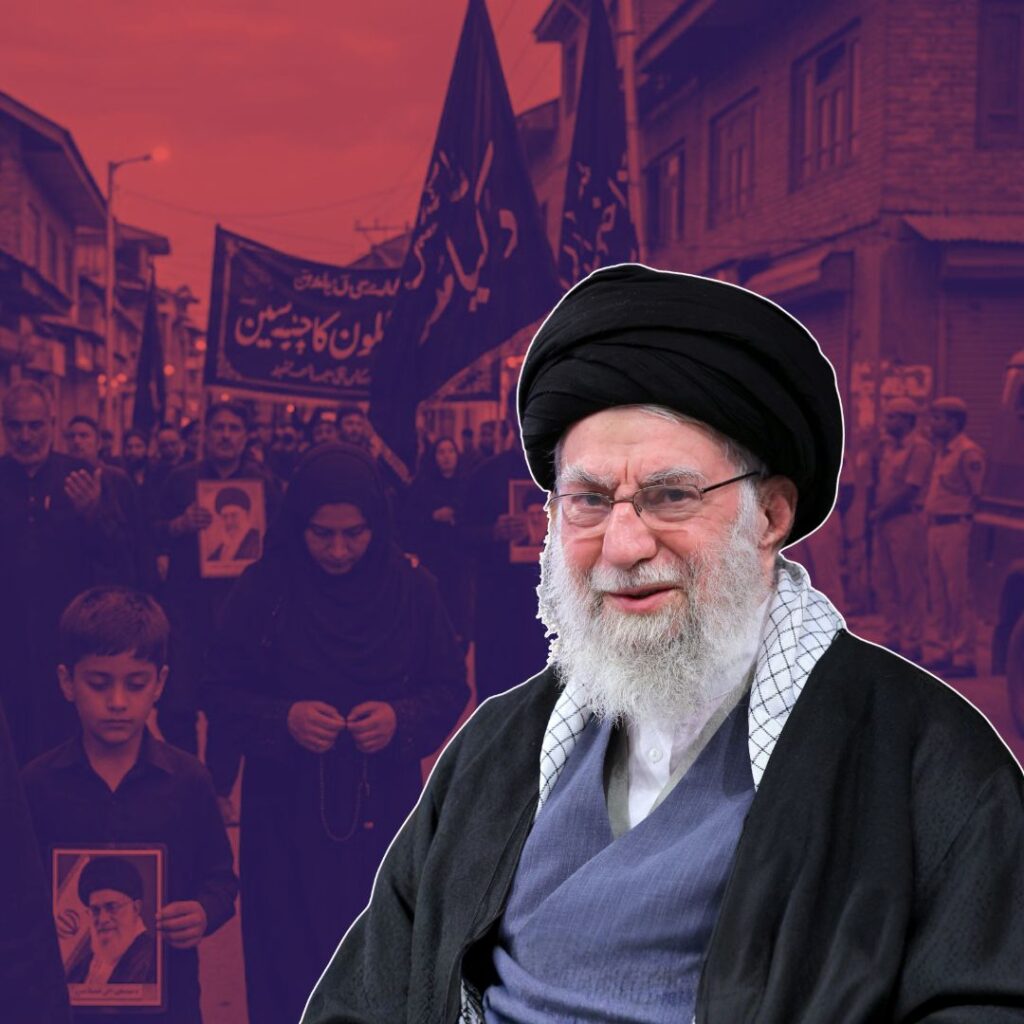Ladakh activist Sonam Wangchuk was arrested under the National Security Act (NSA) on September 26, 2025, following violent protests in Leh that left four dead during a statehood agitation.
His wife, Gitanjali Angmo, filed a habeas corpus petition in the Supreme Court on October 6, challenging the legality of his detention and demanding the grounds for arrest.
The Supreme Court has issued notice to the Centre and Ladakh Administration, with the case scheduled for hearing on October 14. While authorities claim Wangchuk incited unrest, his supporters maintain the movement was peaceful and Gandhian, raising concerns over the use of preventive detention against civil dissent.
Legal Battle at the Supreme Court
The Supreme Court, in a significant development, has issued notice to the Central Government, the Ladakh Administration, and the Superintendent of Jodhpur Central Jail in response to the habeas corpus petition filed by Gitanjali Angmo under Article 32 of the Constitution.
A bench comprising Justice Aravind Kumar and Justice NV Anjaria will hear the case on October 14. Senior Advocate Kapil Sibal, representing Angmo, argued that the detention is illegal under Article 22, as no grounds have been provided to the family, making it impossible to mount a legal challenge.
The Solicitor General of India, Tushar Mehta, countered that the grounds were served on Wangchuk himself, asserting there is no legal obligation to provide them to his wife. However, the bench questioned the Centre on the feasibility of sharing the grounds with the petitioner, prompting the SG to agree to examine the possibility.
Detention Conditions and Government Response
Wangchuk remains in Jodhpur Central Jail, having been transferred from Ladakh after his arrest. Sibal also sought interim relief for medical support and permission for Angmo to meet her husband. The Solicitor General stated that Wangchuk had not requested any medication during a medical examination but assured that medical needs would be met if required.
Regarding the meeting request, Justice Kumar noted that no formal application had been made and advised Angmo to approach the jail authorities first. The SG dismissed claims of denial of medical care or visitation as attempts to create a “hype” and “emotive issue” in the media and region.
Background of the Statehood Movement
The arrest follows escalating tensions over Ladakh’s demand for statehood and inclusion under the Sixth Schedule of the Constitution, which would grant tribal autonomy and land protection. Wangchuk led a 14-day hunger strike in September, calling for dialogue with the Centre after the region was separated from Jammu and Kashmir in 2019 without promised safeguards.
On September 24, protests turned violent when a section of demonstrators attacked the BJP office and clashed with security forces, leading to police firing and four deaths. The Apex Body Leh and Kargil Democratic Alliance suspended all talks with the government, citing a lack of trust.
The Logical Indian’s Perspective
The use of the NSA against a prominent environmental and education activist like Sonam Wangchuk sends a troubling message about the space for dissent in a democracy.
While violence during protests is unacceptable, the right to peaceful agitation must be protected. The Logical Indian believes that dialogue, not detention, is the answer to addressing the legitimate aspirations of Ladakh’s people.











